There are many difficult elements to being a parent at home with children at the moment – and one of them is how to talk to them about the crisis impacting their lives. Whether it’s questions about why everything is closed, or they can’t see a beloved grandparent, or being worried about coronavirus, it can be difficult to know what to say.
Some parents are also already concerned about what it’s going to be like sending younger children back to nursery, childcare and school, after spending so long together and the separation anxiety that might occur when things get back to normal.
With that in mind, we put a series of scenarios and questions around children and coronavirus to two experts and asked for their advice.
‘I’m worried my child is going to become germaphobic and anxious about disease’.
One thing several parents have mentioned is their children already displaying anxiety around things being ‘clean’ or ‘covered in germs’ after the increased messaging around handwashing and the infectiousness of coronavirus in nurseries and schools – and on television.
Consultant clinical psychologist, Emma Citron says, ‘I think it’s very important as parents that we don’t talk about our own worries and "paranoias" with our children. We don’t want to be constantly in the park, “Don’t touch that! Have you got your gloves on?” A lot of it is in the tone and way we do things. If it’s “Sweetheart don’t forget to wash your hands now we’ve come in,” that’s lovely. But try to do it in a relaxed and calm way and not let them hear adult conversations around your own raised or mild OCD.’
Some parents have expressed concern around making their children too anxious or them even developing Obsessive Compulsive Disorder, but Citron says: ‘I think it’s unlikely to prompt it, if we present things in a calm way. For those that already have it – at any age – that’s difficult, it’s really hard. But there’s no reason your children should become more troubled with this.
‘I would also be very specific with the information you give them according to their age and stage. I’m a big believer in mainly responding to their own questions. Avoid listening to death figures and the horror of adult news. Sit down once a day and watch Newsround or the equivalent if they want to.
‘But also be specific that it’s not germs, it’s a virus – and broaden it out into a more general conversation about hygiene, but also introduce everything in proportion. We’ve still got to be able to live our lives, even now. It’s about emphasis, the tone of voice and keeping a calm demeanour, because the vast majority of us are going to be absolutely fine and that’s the truth of it. And that’s the thing to bear in mind.’
Counselling Directory member Frances Taylor added that it can be helpful to talk about good hygiene practices more generally and in an age-appropriate way. ‘Make hand washing a fun task by singing and counting a rhyme or song,’ she suggests.
‘How should I talk to my children about death and coronavirus?’
How to talk about death may be something you’ve been wrestling with at home, depending on your personal circumstances, but Citron says that it’s best to be led by your child.
‘Don’t talk to them about death unless they raise the topic. Death is not a taboo topic, but it’s not one, thankfully, many young children have to think about – unless they have a loved one who is extremely ill. If they do, you want to prepare them for that, but most of them will not be in that position, so don’t talk about death, because it’s only going to scare them.
‘If they say, which I have heard in my practice, “Are we going to die mummy?” then you say, “No, we’re not” and you talk about percentages and statistics and a small percentage of people are dying and they are very largely sadly the elderly, though some people are more at risk.
‘It’s a slightly different conversation if a parent or loved one is a doctor or porter or cleaner or other key worker. I think just be very sensitive, talking about having equipment and PPE, keep it quite practical and try to reassure them that everybody is taking every precaution they possibly can, so emphasise the good things if you can. Again, try to talk around questions led by them, rather than topics you as an adult think they need to know about.'
Taylor adds that if children are faced with a bereavement it could be beneficial to help them find ways to make a memory or memorial, like a memory jar, or drawing a picture or writing a letter. ‘This can help them consider how or when they may “release” the memory, if at all,’ she says. ‘It’s still important to be able to mark loss during Covid. Other examples include having a plant or flowers in the loved one’s memory.’
‘How do I explain to my child that their favourite things will be open again one day, but I can’t tell them exactly when?’
Wrestling with the uncertaintly of when everything from softplay to school – and even grandma’s house – might be open again is a difficult one with children. On the one hand you want to reassure them there will be a life after coronavirus, but on the other we don’t know ourselves when that will be and what it might look like.
‘Nobody likes uncertainty, but it’s your tone – a calm reassurance,’ says Citron. ‘Then people can deal with things if they’re presented in the right way. It’s about broadening it out to a wider conversation and saying, “There are often things in life we can’t be certain about.” Maybe something like, “Remember when mummy was pregnant with your brother and we didn’t know about when the baby was going to arrive and we were waiting…” You can link it in with a nice example like that. Keep it practical and relevant to them.
‘What you can say regarding going back is, we’re hoping we might be back in September, but there aren’t any guarantees, and talk about social distancing. Children are very good at grasping these concepts. You could brainstorm with them and say, “How do you think they might do social distancing at school? What would your ideas be?”'
Taylor suggests using metaphors. ‘For example you could describe the situation as going on a journey, but the proposed destination or route does not go as planned. Explain that it's OK to retrace steps, or go down another road, like an adventure, embrace the concept of the unknown. Also, talk about the future and what may be better and more positive as the “new normal” post-covid.’
‘My young child is loving having me around – I’m worried that when things go back to normal they’re going to have separation anxiety and find returning to childcare really upsetting.’
Whether they’ve just settled into nursery or school, or are well into childcare they love, there’s no doubt it’s going to be tough for children to be separated from their parents after what will be an unprecedented amount of time solely with them.
For a nursery age child, Citron admits, ‘It will be a bit of a regression. Even though you’re done and dusted with the initial separation and settling process - where you might drop them off for an hour, then go back - you may have to go back to a watered-down version of that, of a reintroduction programme.
‘Don’t in your own impatience to get back to life just dump them and rush off. You’re going to have to kind of start again, but it’ll be easier than the first time around. But try to be patient, because it will be hard for them.’
READ MORE: Relationships And Coronavirus
Coronavirus: Relationships
 1 of 9
1 of 9How To Maintain Your Dating Life In A Lockdown If You're Single
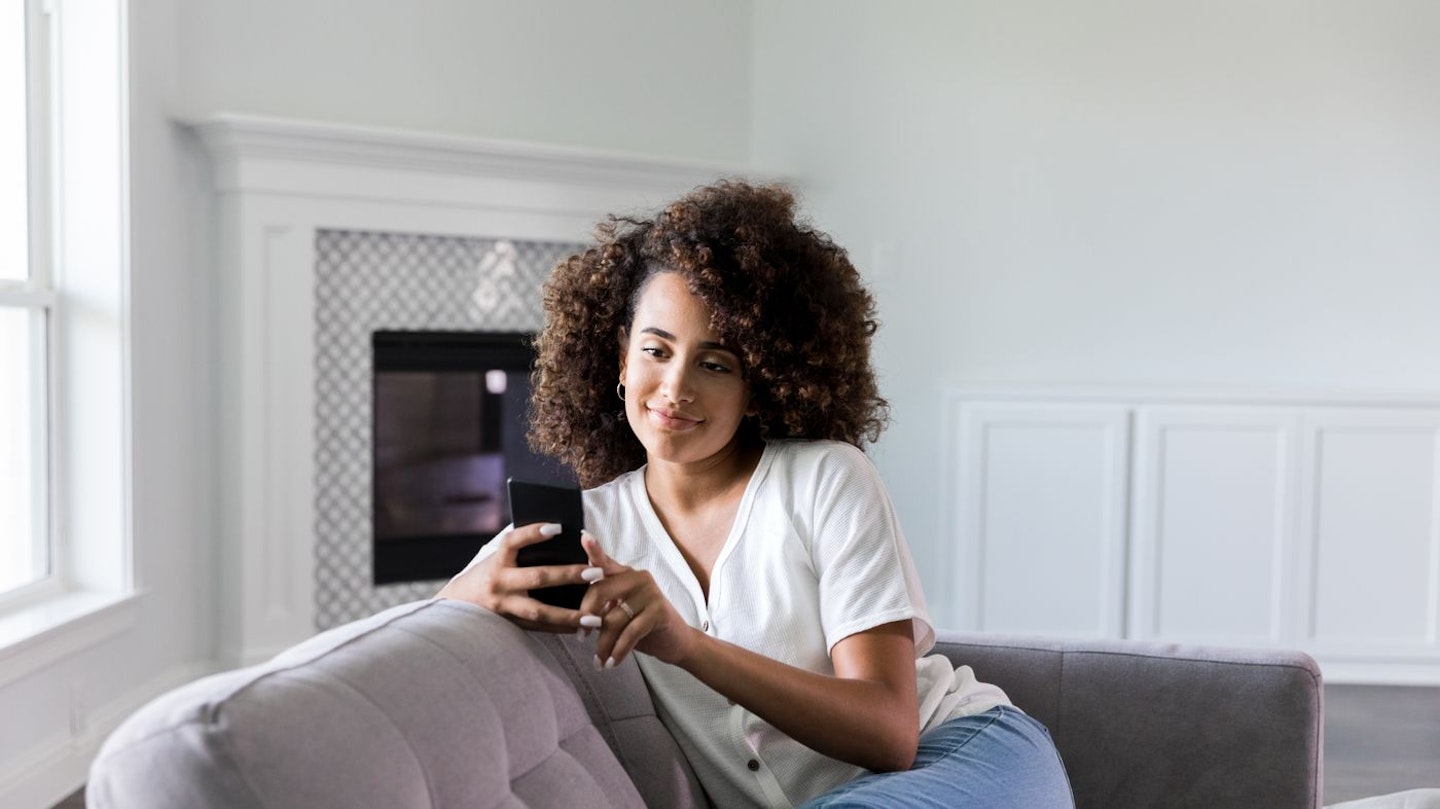 2 of 9
2 of 9The Six Best Ways To Overcome Your Fear Of Video Dating
 3 of 9
3 of 9Love Lockdown? Not According To Tinder
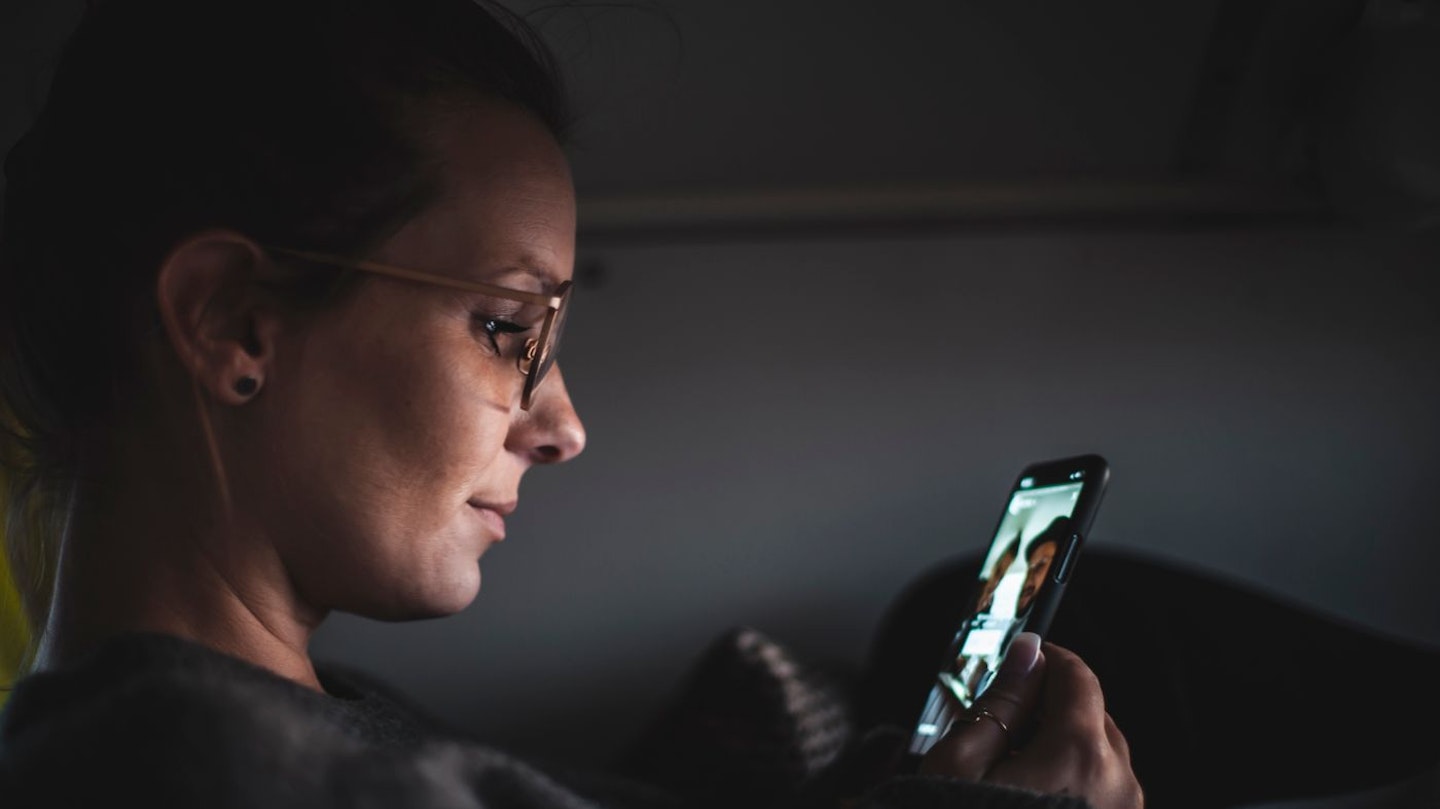 4 of 9
4 of 9What It’s Like To Break Up With Someone Over Zoom?
 5 of 9
5 of 9‘I Didn’t Think I Could Actually Feel Happy In This Shit Show Of A Year...’ How It Feels To Get Engaged In Lockdown
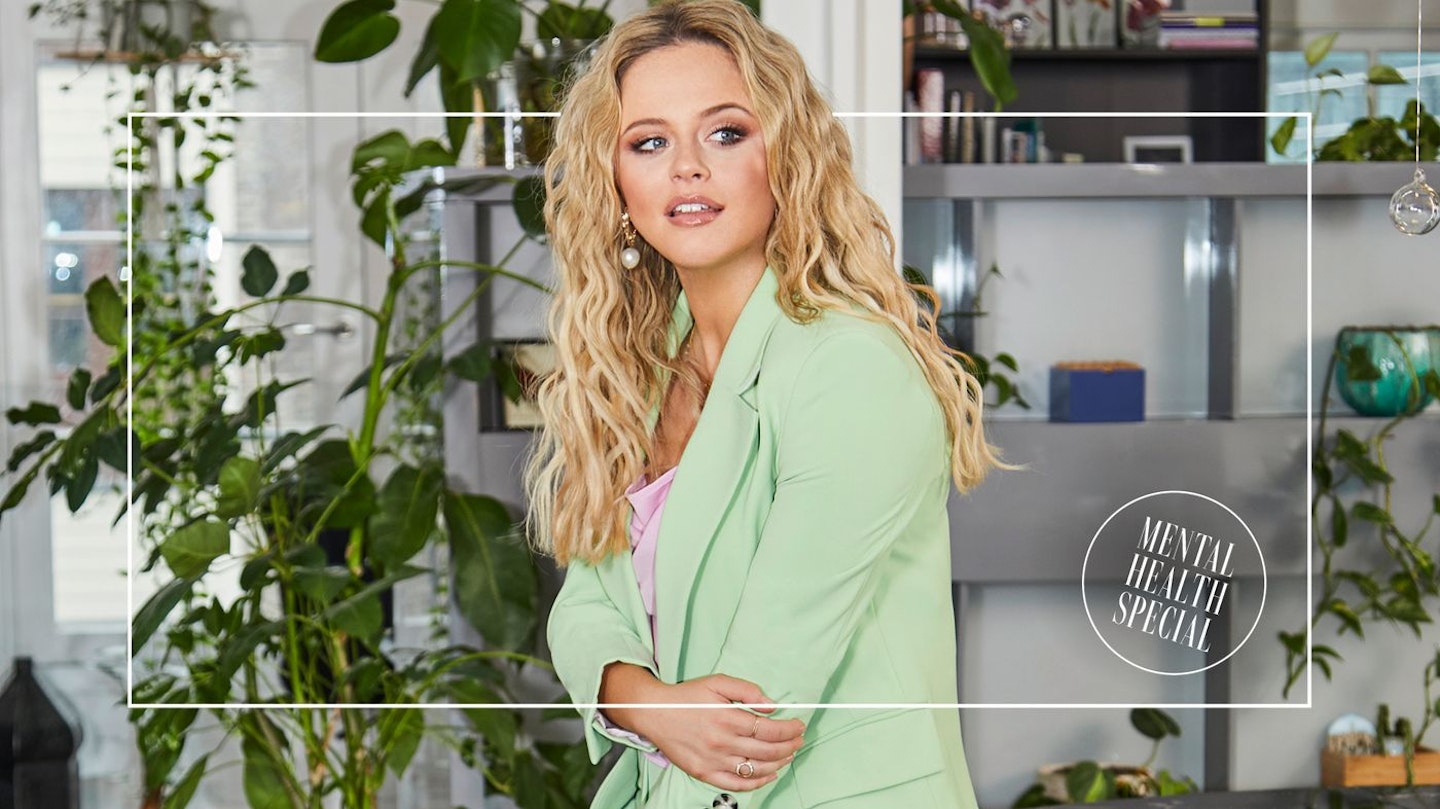 6 of 9
6 of 9Emily Atack: Isolating When You're Single
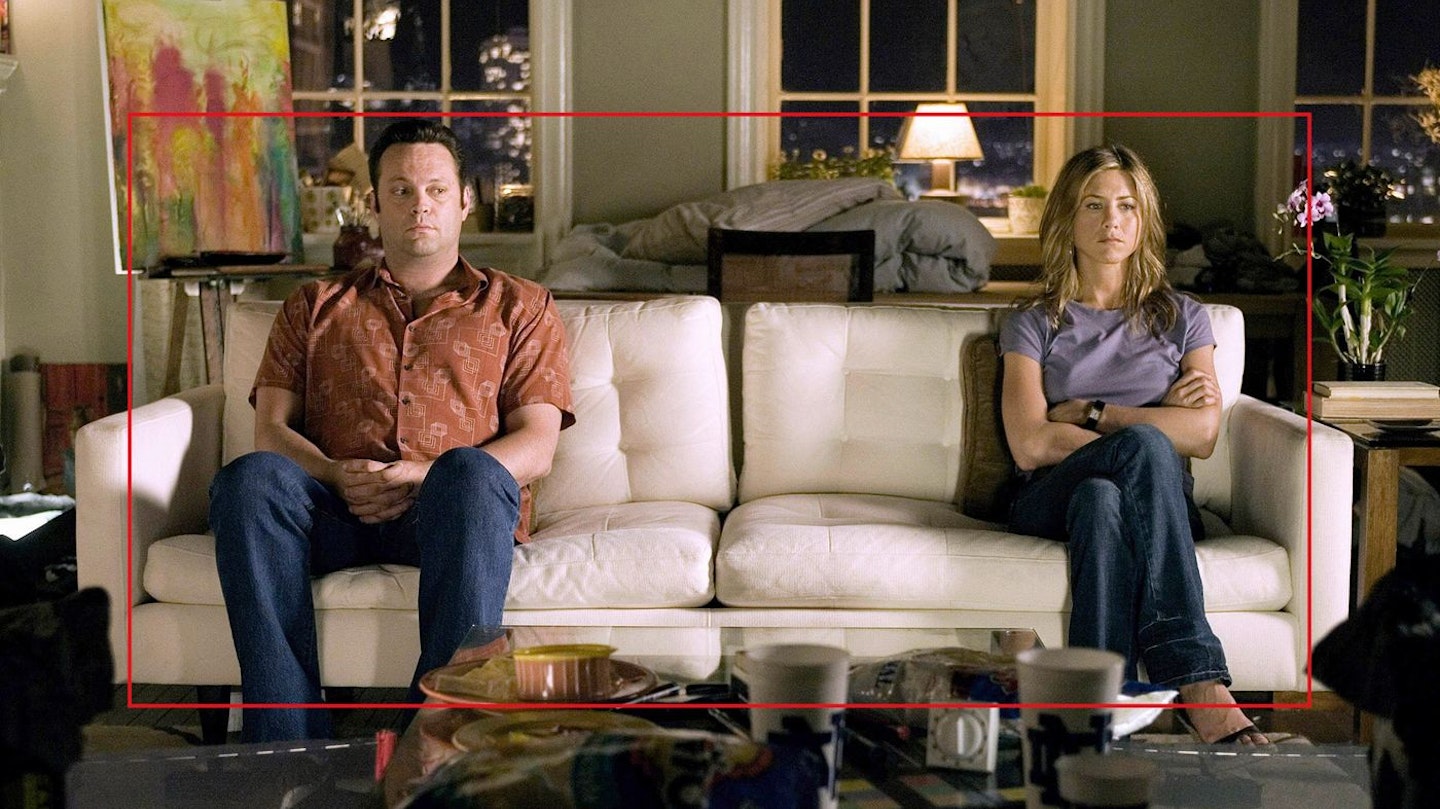 7 of 9
7 of 9The Real Reason Your Ex Is Back In Touch
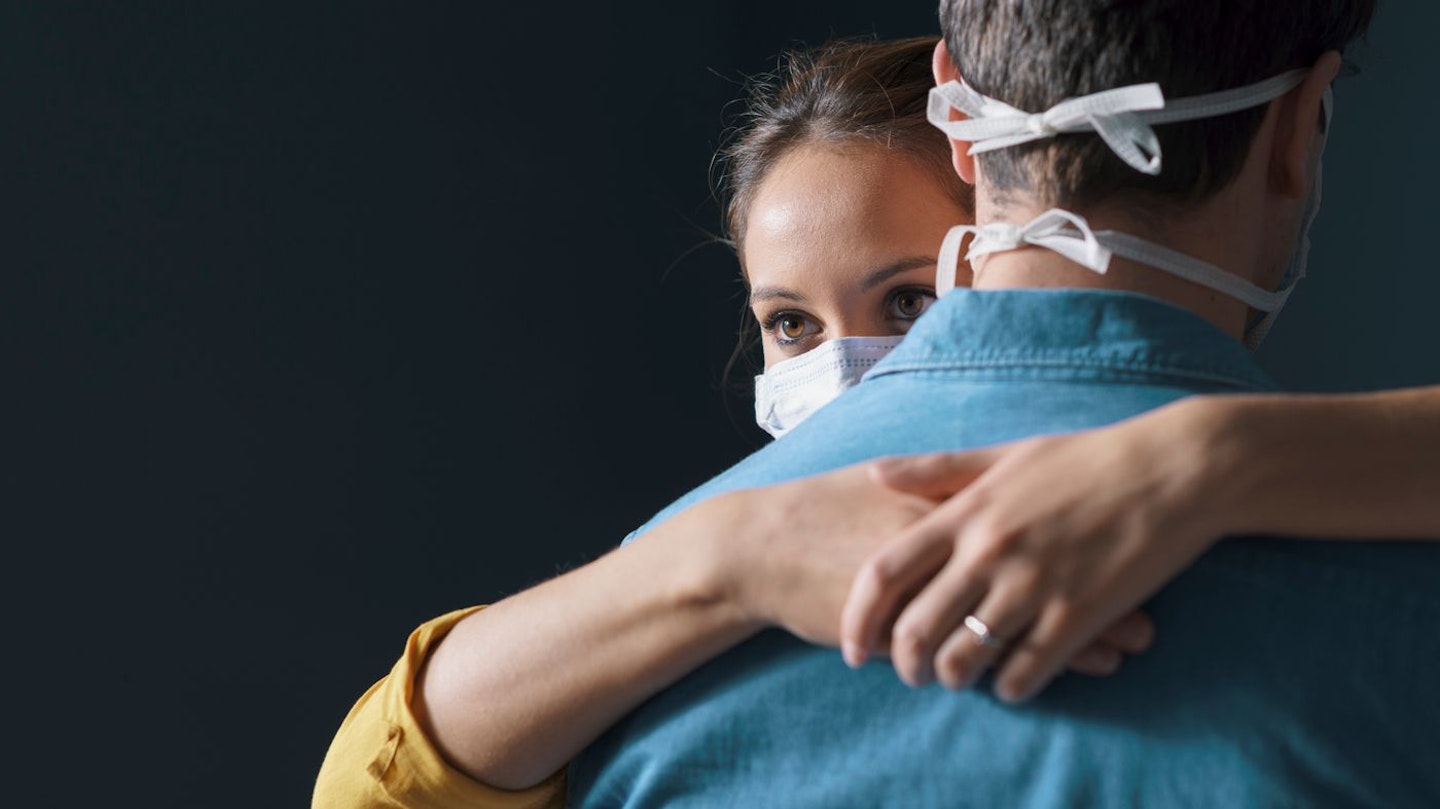 8 of 9
8 of 9Are People Really Having So Much More Sex There'll Be A Lockdown Baby Boom?
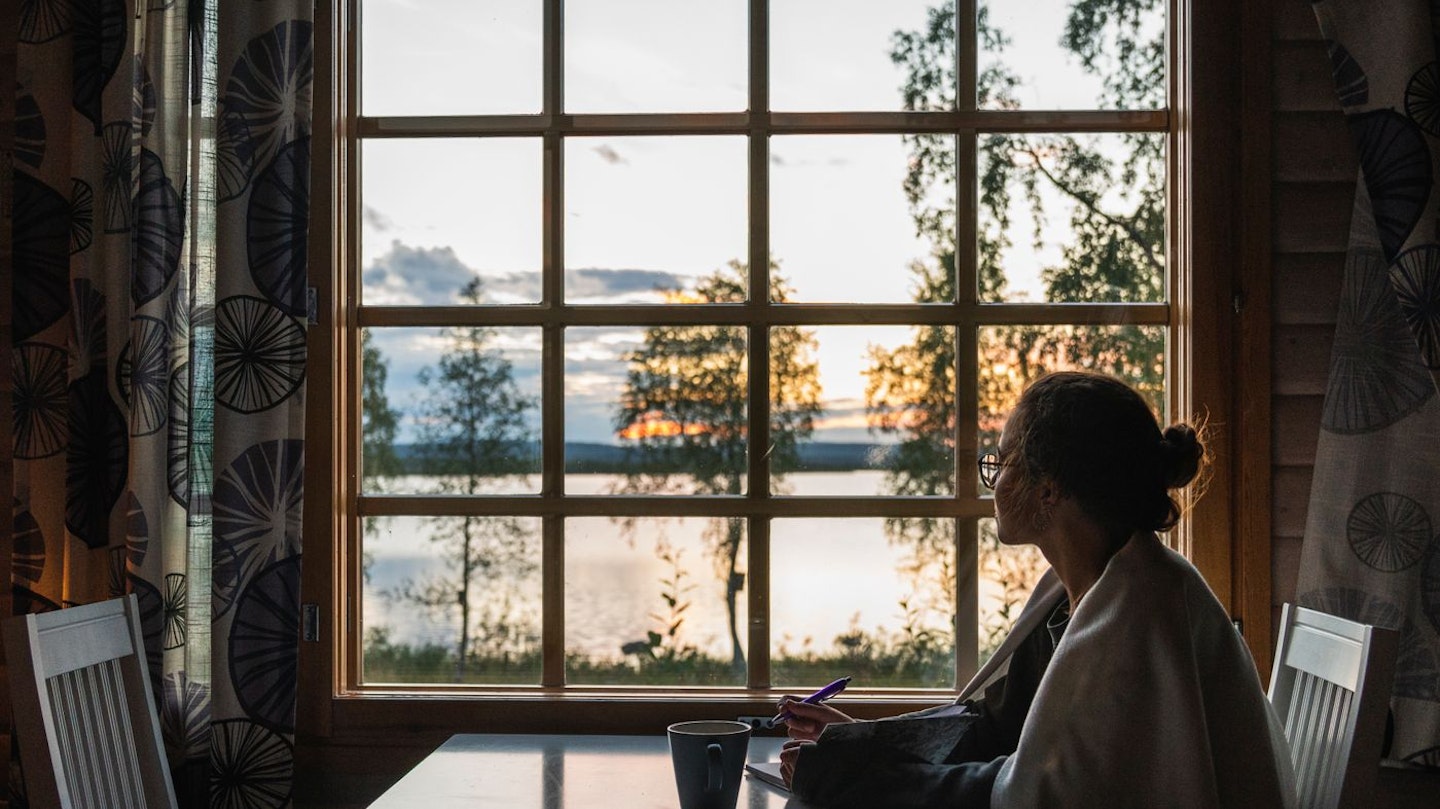 9 of 9
9 of 9